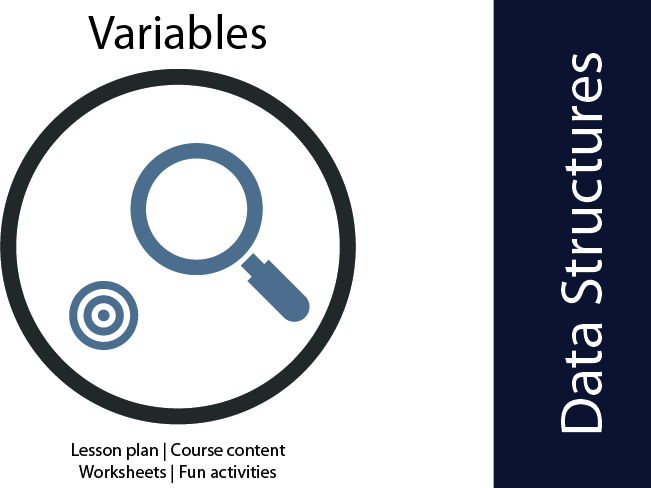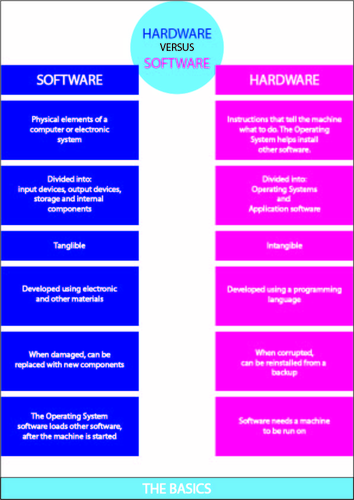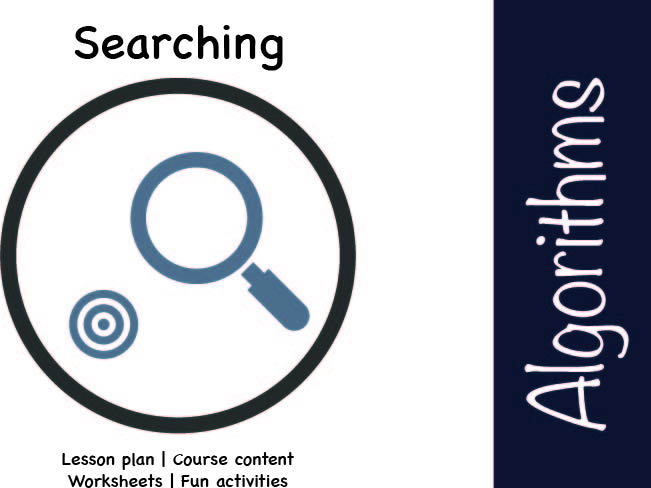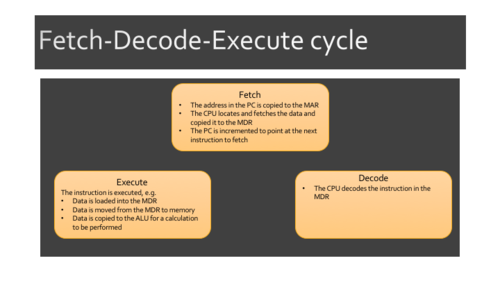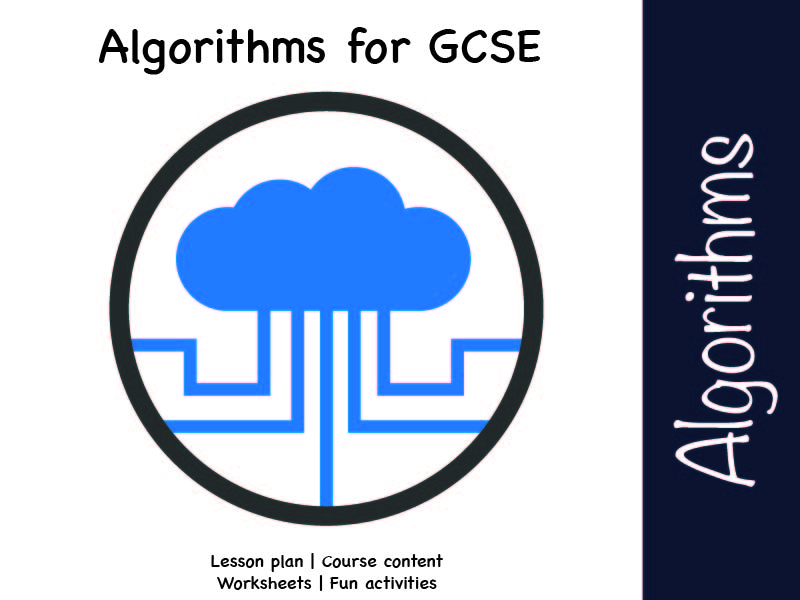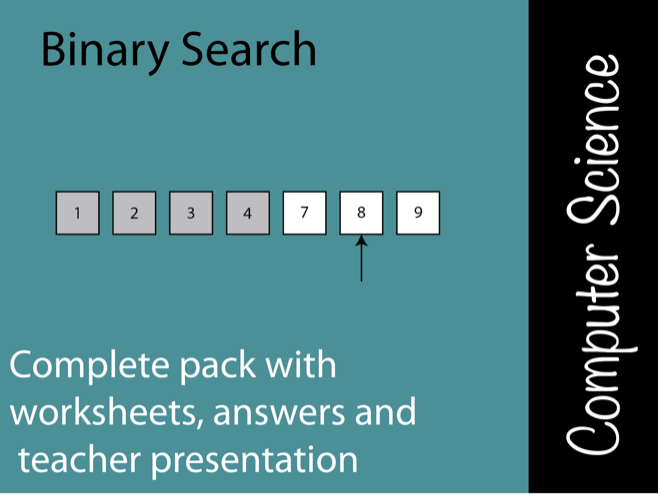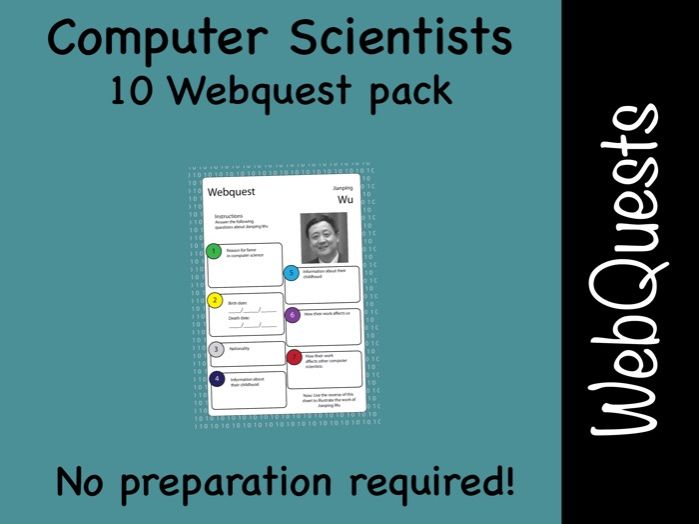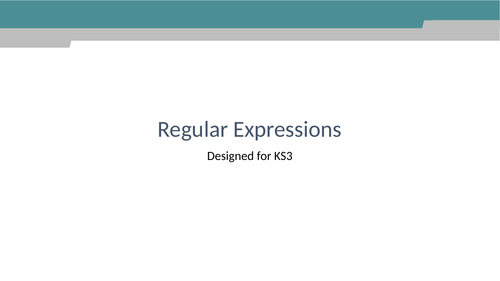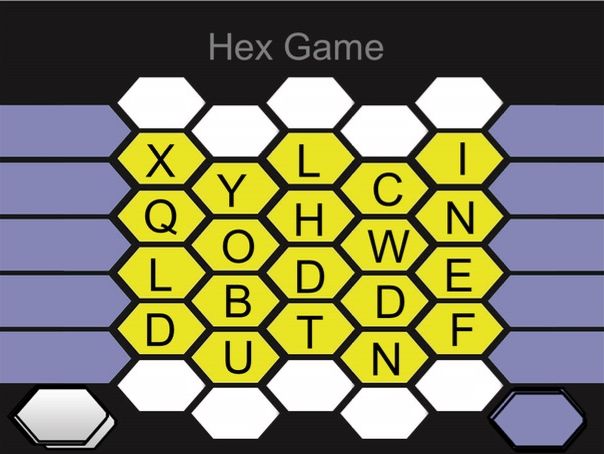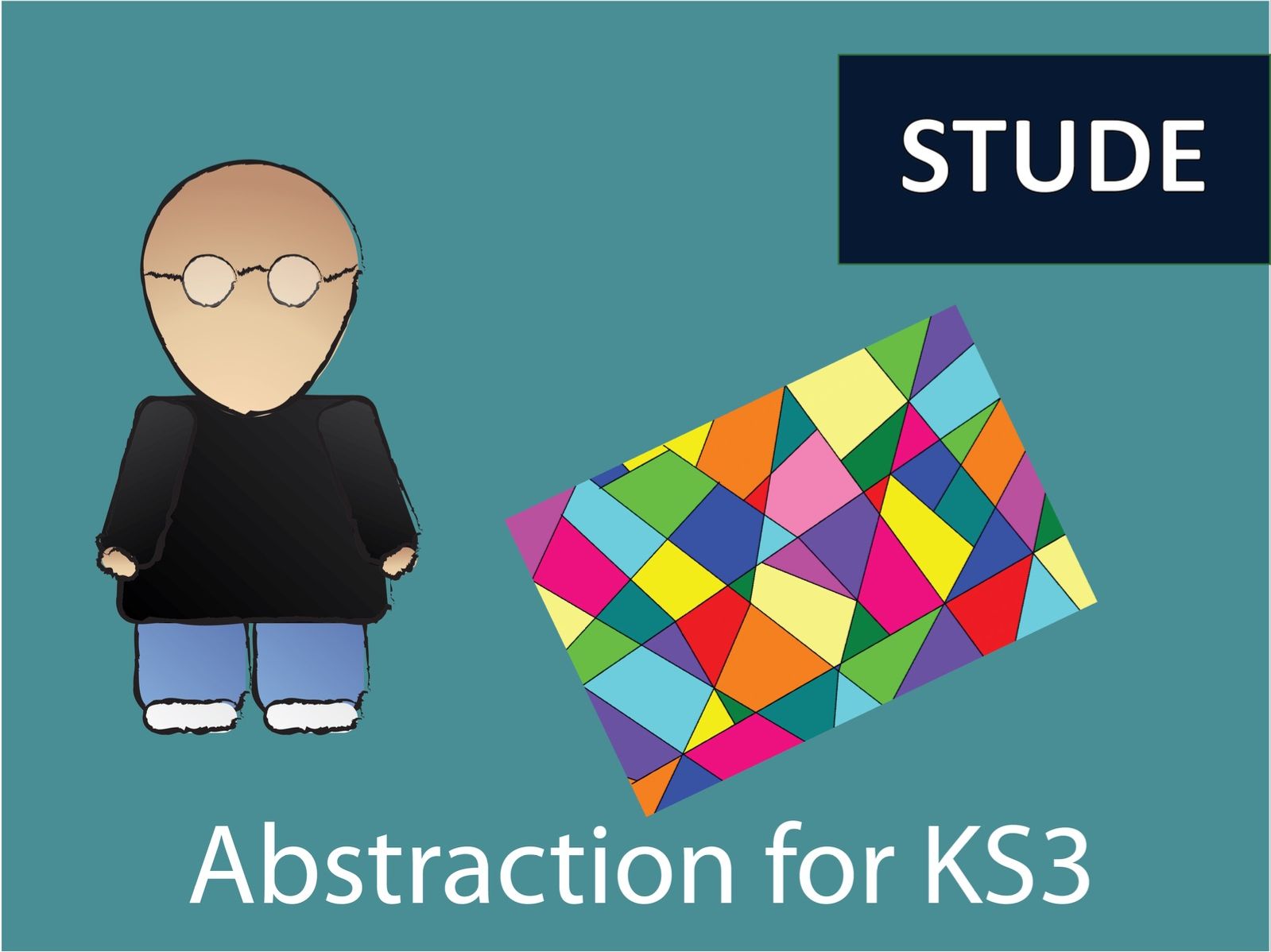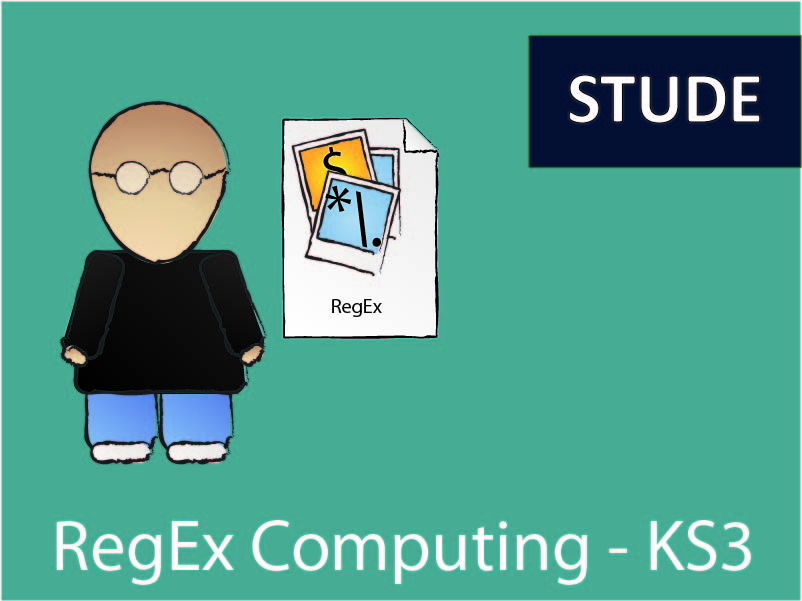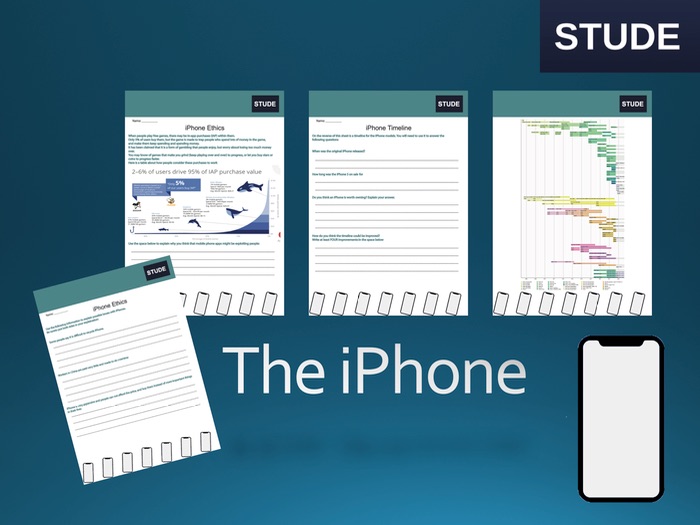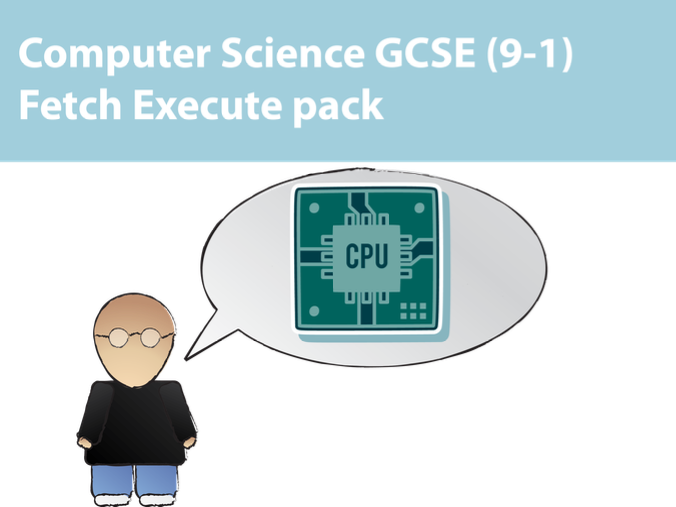
546Uploads
227k+Views
80k+Downloads
Computing

Variables: Computer Science
A free resource so students can understand the important concept of variables.
There is a free (forever) accompanying website https://medium.com/@studeappsblog/what-is-a-variable-dd7e539bf388 that also provides some great information, but here you will access the worksheets and lesson plan that will make your lesson that bit easier!
This free resouce contains:
Completion certificate
Brainstorming task
Definitions task
Variables worksheet
Video
Website resource
Lesson plan
30 Seconds lesson plan

Hardware and Software computing poster
Poster to help explain the difference between hardware and software.

Searching Algorithms - The Fundamentals COMPLETE UNIT - GCSE Computer Science Resources
Highly recommended searching algorithms pack for GCSE - workbook, lesson plan, worksheets, posters and more!
Suitable for teachers of GCSE, and will be of particular interest to PGCE students, NQTs or departments that need that little bit of support in the delivery of this challenging qualification.
You get high quality original resources that are both class-tested and lesson ready. You may of course alter and modify the resources for your class, and you get my support for the lessons (worksheets have been developed for customers and added to packs in the past).
Use the completely free (forever) workbook available at: https://medium.com/@studeappsblog/searching-algorithms-2d2269e1a316?sk=68df2cddbf0bf1f1263b695e0120f44b
Worksheets(with answers):
ComparingSearchAlgorithms
SearchingAlgorithms
SearchingAlgorithms2
SearchingAlgorithms3
SearchingAlgorithms4
Further Worksheets:
Brainstorm
Datasets:
Searching Data
Workbook Table of Contents:
Searching Arrays
An array to store elements
The search
The random search
The linear search
The binary search
The algorithm
The algorithm in words
Comparing the methods
Rounding up

Fetch Execute Computer Architecture Lesson for OCR Computer Science
Complete lesson for the Fetch Execute cycle. Designed for OCR Computer Science (9-1) J276 but is more than useful for Computer Science students studying AQA and other exam boards.
Contains a PowerPoint presentation, and two worksheets.

Representing Algorithms - The Fundamentals - COMPLETE UNIT - GCSE Computer Science Resources
Highly recommended algorithms pack for GCSE - workbook, lesson plan, worksheets, posters and more!
Suitable for teachers of GCSE, and will be of particular interest to PGCE students, NQTs or departments that need that little bit of support in the delivery of this challenging qualification.
You get high quality original resources that are both class-tested and lesson ready. You may of course alter and modify the resources for your class, and you get my support for the lessons (worksheets have been developed for customers and added to packs in the past).
Use the completely free (forever) workbook available at https://tinyurl.com/y2xld5az
This pack includes a full set of supporting worksheets.
Posters:
PseudocodePoster
PseudocodePoster2
Lesson Plans:
Introduction to algorithms
Algorithms in depth: Abstraction and Decomposition
Extending your knowledge of algorithms
The 30 second lesson plan
Worksheets:
What are abstraction terms
What are algorithms Matching (+ Answer key)
FlowChartShapes (+ Answer key)
PMIChart
Flowcharts (+ Answer key)
DecomposeShopping
AbstractionMap
AbstractionOrDecomposition
What is abstraction
AbstractionOrDecomposition
AbstractionCreating
AbstractionProblem
DecompositionProblem
Tellanabstractionstory
Brainstorm (+ suggestions)
Voting activity:
YesNoVotingCards
AgreeDisagreeVotingCards
AlgorithmsVoting
Extras:
The 30 second lesson plan (for teachers in a hurry!)
Support - how to contact me for help (I can’t guarantee instant help, but I’m here for you!)
Workbook Table of Contents:
Definitions
Algorithms
Pseudocode
Flowcharts
Comparison of pseudocode and flowcharts
The Tools to help us solve problems
Decomposition
Abstraction
Teaching requirements:
It would be beneficial to read through the workbook and lesson plan before attempting to deliver the material. Enclosed is a 30-second quick start guide if you do not have time for this.
Unusual software requirements
None
Need some help?
Contact me! https://twitter.com/studeapps
Looking for the usual software requirements: (http://studeapps.com/usual-software-requirements):

Quicksort - Lesson pack
Tried and tested quicksort resources. Do not depend on any particular language, here is a presentation to help a teacher deliver the content along with worksheets.

Binary Search full lesson
A full lesson for Binary search.
The intention is for you to run through the presentation with the basics of the algorithm.
The resources are not language dependent (although the coding challenge does have a solution in Python, this is easily changed to your language of choice)
Students then have arrows cut out of ArrowsActivityResources.docx and record the algorithm stepping through numbers.docx
The students then optionally step through NamesToSearch.docx
Students then code TaskPseudocodeGuessingGame.doc
Then students should be able to code the binary search algorithm!

Dijkstra's Algorithm for Computer Science
Dijkstra’s Algorithm
The way I would run this is to talk through the motivation for the algorithm from the presentation, and give the terminology worksheet to be filled in (answer in the presentation). We’d then work through the brute force worksheet. I might then run through the example, then give them the simple graph to fill in. Than we would work through TaskGraph1 for the graphs. Then I might get them to either code, or come up with graphs for them to solve in small groups or in pairs.
Included:
TPT presentation
Labels to fill in worksheets to give structure for the students to fill in answers
TaskGraph1 3 graphs to run Dijkstras on.
AnswerGraph1 and 2 -answers for the graphs
Brute force worksheet and brute force worksheet answers

Computer science and computing web quest (webquest) pack
Students can discover more about famous computer scientists in a fun and interactive way.
Zero preparation for the teacher!
From Steve Jobs to Tim Berners-Lee there are many famous computer scientists. But how many do your students know?
Students respond to open-ended questions in this nicely presented resource.
Two suggestions for delivery:
1. Give all of the students the same computer scientist. Maximum 10 minutes for each. Who can go through the set fastest?
2. Give different groups different computer scientists. Then present.

Internet Safety Lesson - Managing screen time
A full set of resources for a lesson around screentime.
Covers identifying habits and behaviours (e.g., excessive screen time or video game usage) that can be detrimental to health, and explain how people can be encouraged to adopt healthier alternatives.
Resources include:
Discussions
Brainstorming
Collages
Track your screen time

Regular expressions for GCSE and A level computing
An introductory presentation and worksheet (with answers!) that can be used for GCSE students or, likely, A-level students.

Computing definitions Revision Game
Set of terms in this classic game (remember the gameshow? You do ! It’s just that!)
Brilliant ways for students to revise key words for computing.
Bundle

Abstraction resources for computing KS3
A fantastic set of resources. Abstraction is one of those topics where teachers may need a little extra help.
Here are three resources that cut through what abstraction is and how students can really get to grips with this concept that is essential for computer science!

Ethics debates for AQA GCSE Computer Science 9-1 8520
A PowerPoint presentation with over 100 ethical and legal debates for AQA Computer Science 9-1 (8520)
Investigate and discuss Computer Science technologies while considering:
ethical issues
legal issues
cultural issues environmental issues. privacy issues.
Written by subject specialists, with in depth debates that are relevant to students. Content covers AI, automation, gaming, privacy, hacking, security, cloud services, piracy, copyright, algorithms, emerging technology, wearable technology and more!
The pack includes a voting card that you may choose to use for students to vote, or students can move from one side of the room to another.
A great resource that can be used for starters or plenaries, and can also become the basis of an entire lesson.

Ethical and Legal debates for Pearson Edexcel GCSE in Computer Science
A PowerPoint presentation with over 100 ethical and legal debates for the Pearson Edexcel GCSE in Computer Science.
Helps learners study the following specification reference:
1.8 Ethical, legal, cultural and environmental concerns.
How to investigate and discuss Computer Science technologies while considering:
- ethical issues
- legal issues
- cultural issues environmental issues. privacy issues.
Written by subject specialists, with in depth debates that are relevant to students. Content covers AI, automation, gaming, privacy, hacking, security, cloud services, piracy, copyright, algorithms, emerging technology, wearable technology and more!
The pack includes a voting card that you may choose to use for students to vote, or students can move from one side of the room to another.
A great resource that can be used for starters or plenaries, and can also become the basis of an entire lesson.

Regular Expressions (RegEx) Computing lesson for KS3
Lesson that links regular expressions to text correction in mobile phones: makes Regular Expressions relevant to your students!
This lesson gives a series of graded exercises for students.
Suitable for KS3 and is great preparation for students likely to study Computer Science, a booster session or a standard class.

Computing KS3 cover lessons
19 different activities in this great pack!
A selection of cover lessons and one off sessions.
Suitable for non-subject specialists and experienced teachers alike. Some cover lessons are created for off the computer, some traditional computer room lessons and some a combination of the two!
Contains classic puzzles, whole lessons, Excel lessons…the list goes on.
Added resource for 2019 - Webquest. If you purchase this resource regularly check back for added resources and updates!

iPhone presentation and lesson resources
Today the iPhone 11 has been launched by Apple at an event in California.
But what do our students think of the pressure that comes with needing to have a new phone each and every year? What are the ethics around purchasing a new phone? What about the way that you are tempted to make inapp purchases on your phone?
This resource is designed to help you!
A series of great resources around the iPhone.
Presentations: iPhoneHistory
Worksheets:
Timeline
Timeline2
Ethics
Microtransactions
Activities:
iPhonehigherlower
Can be used in
Computing / ICT
Citizenship
Tutor time
Assemblies

Fetch Execute Cycle Revision Pack for OCR Computer Science
Complete revision pack for Storage. Designed for OCR Computer Science (9-1) J276 but is more than useful for Computer Science students studying AQA and other exam boards.
Contains a revision booklet for the students to read and comprehend.

